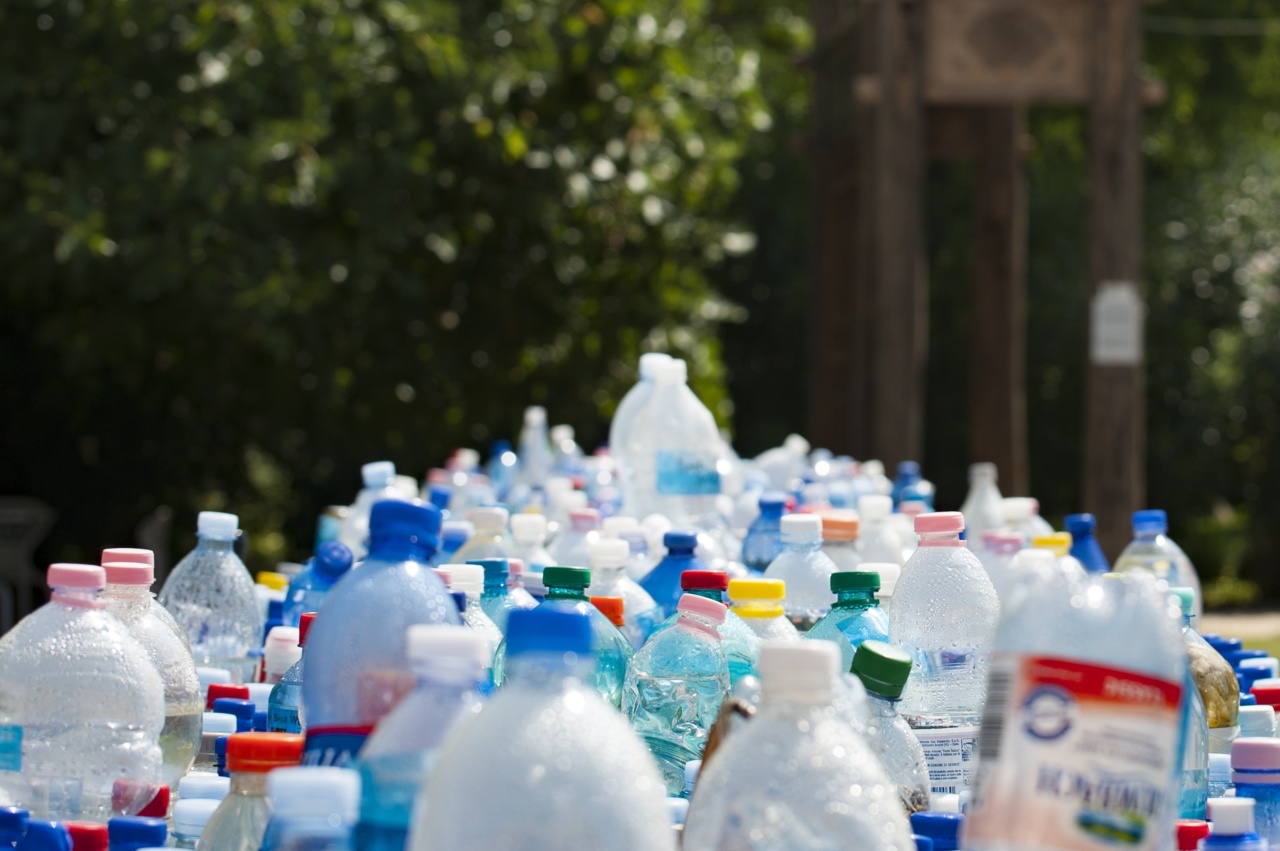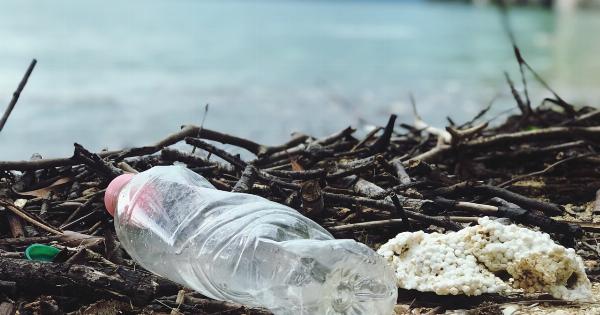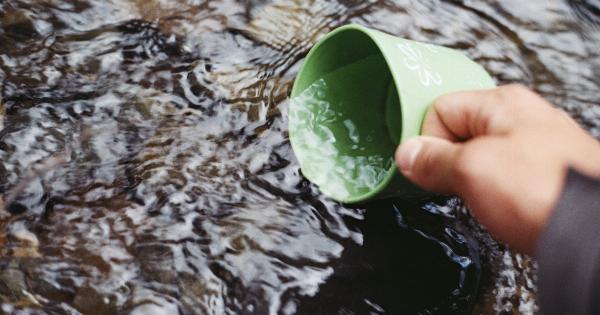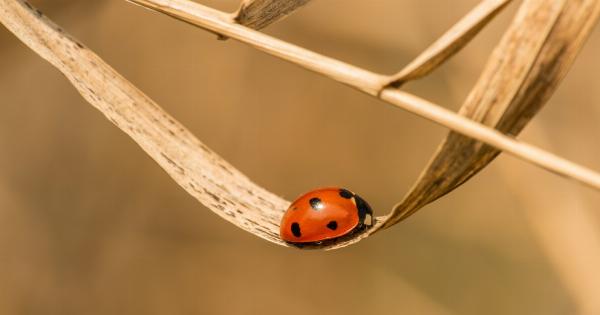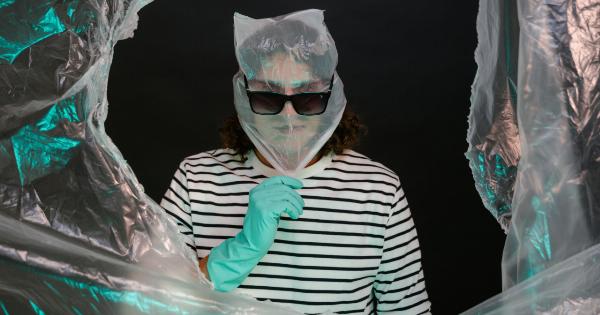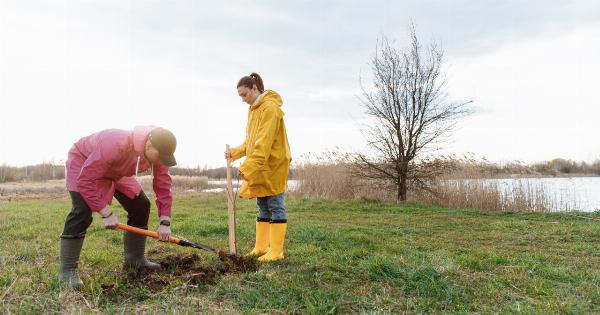The United Kingdom has been grappling with a concerning rise in plastic pollution in recent years. This surge in plastic waste has had a detrimental impact on the environment, wildlife, and human health.
Despite efforts to reduce plastic use and increase recycling rates, the problem continues to worsen, posing a significant threat to the UK’s ecosystems and sustainable future.
The rise of single-use plastics
One of the main contributors to the increase in plastic pollution is the widespread use of single-use plastics. These are products designed for one-time use and are typically disposed of immediately after.
Items such as plastic bags, straws, coffee cups, and water bottles have become integral parts of our daily lives but have a devastating impact on the environment.
Plastic bags, for instance, are commonly found in our oceans, rivers, and parks, posing a severe threat to marine life and ecosystems.
These bags break down into smaller pieces known as microplastics, which are ingested by marine creatures, causing harm or even death. The same can be said for plastic straws, which often end up in the stomachs of sea turtles, dolphins, and other marine animals.
Coffee cups and water bottles, while convenient for on-the-go lifestyles, contribute significantly to the plastic waste issue.
Disposable coffee cups are usually lined with a plastic coating to make them waterproof, rendering them non-recyclable in most cases. Similarly, plastic water bottles take hundreds of years to degrade and often end up in landfills or as litter in natural environments.
Inadequate recycling infrastructure
An additional challenge to tackling plastic pollution in the UK is the inadequate recycling infrastructure. Despite efforts to promote recycling, a significant portion of plastic waste still ends up in landfills or incinerators.
The lack of consistent recycling collection systems and confusion about what is recyclable contribute to this issue.
Many types of plastic, especially those used in packaging, are only recyclable in certain facilities. This limited recycling capacity means that a considerable amount of plastic waste is not being recycled and instead ends up in the environment.
Furthermore, the process of recycling plastic is energy-intensive and has its environmental implications, despite being a better alternative to disposal.
The impact on wildlife and ecosystems
The rising levels of plastic pollution have devastating consequences for wildlife and ecosystems in the UK. Marine animals often mistake floating plastic debris for food, leading to internal damage, starvation, and sometimes death.
Birds and mammals also suffer from entanglement in discarded plastic packaging, causing injuries that can be fatal.
Plastic pollution affects ecosystems on land as well. Microplastics, tiny particles of plastic, have been found in soil, freshwater bodies, and even the air.
These particles can accumulate toxins and disrupt natural processes, ultimately impacting the health of plants, animals, and humans.
The role of plastic manufacturing and packaging
The UK’s plastic pollution problem cannot be addressed without examining its root causes. Plastic manufacturing and packaging industries play a significant role in the excessive use of plastics.
The relentless production and consumption of plastic goods, often with unnecessary or excessive packaging, contribute to the vast amounts of plastic waste generated.
While some efforts have been made to reduce plastic packaging, such as the introduction of lightweight alternatives, more needs to be done.
Transitioning to sustainable materials and promoting recycling-friendly designs can significantly reduce the environmental impact of plastic manufacturing and packaging.
Government regulations and initiatives
The UK government has recognized the urgency of addressing plastic pollution and has taken some steps to tackle the issue.
The ban on microbeads in cosmetic and personal care products and the introduction of a plastic bag charge are notable measures that aim to reduce plastic waste.
However, more comprehensive and stringent regulations are necessary to combat the alarming surge of plastics effectively.
Initiatives to promote the use of reusable alternatives, further restrictions on single-use plastics, and investment in recycling infrastructure are crucial steps towards a sustainable future.
The role of individuals and communities
While government action is essential, individuals and communities also have a vital role to play in reducing plastic pollution.
Small changes in daily habits, such as using reusable shopping bags, bottles, and coffee cups, can make a significant difference.
Educating and raising awareness about the consequences of plastic pollution is crucial for driving behavioral change.
Schools, organizations, and local communities can organize clean-up events, recycling drives, and educational campaigns to empower individuals and promote sustainable practices.
A call for collective action
Addressing the alarming surge of plastics in the UK requires collective action on all fronts.
Governments, industries, communities, and individuals must work together to reduce plastic consumption, improve recycling rates, and explore sustainable alternatives.
By embracing a circular economy approach, where resources are used efficiently and waste is minimized, we can combat plastic pollution and protect the environment for future generations.
It is time to take decisive action to reverse the detrimental trend and ensure a cleaner, greener future for the UK.
